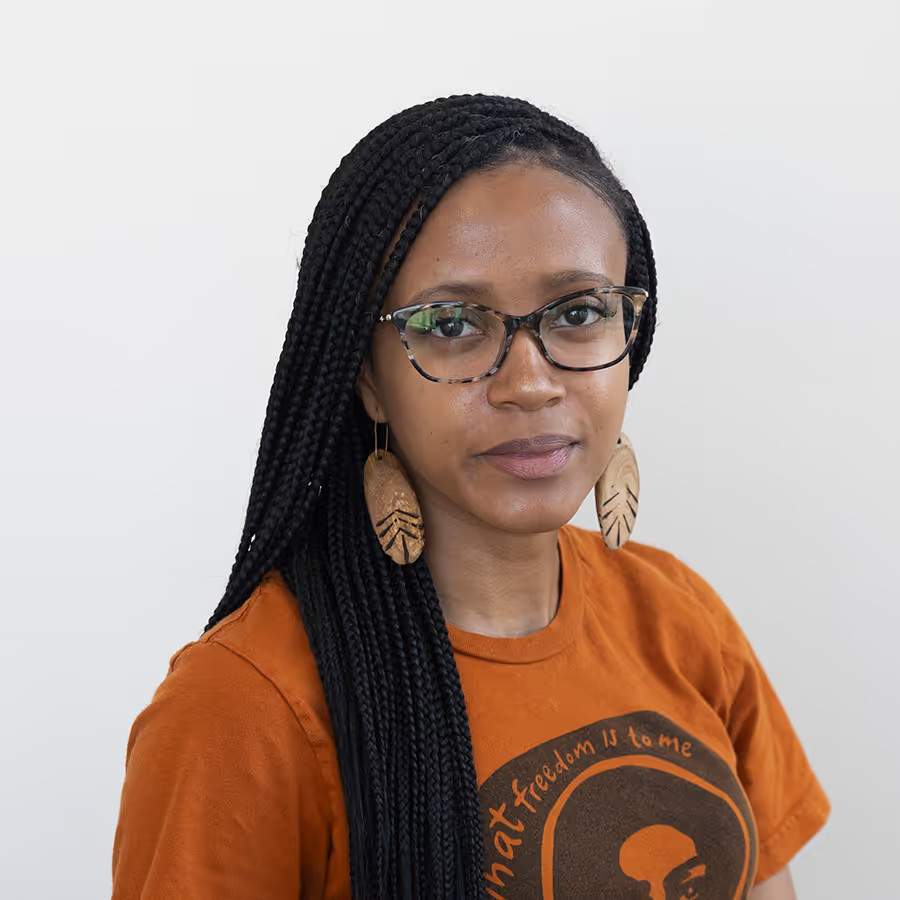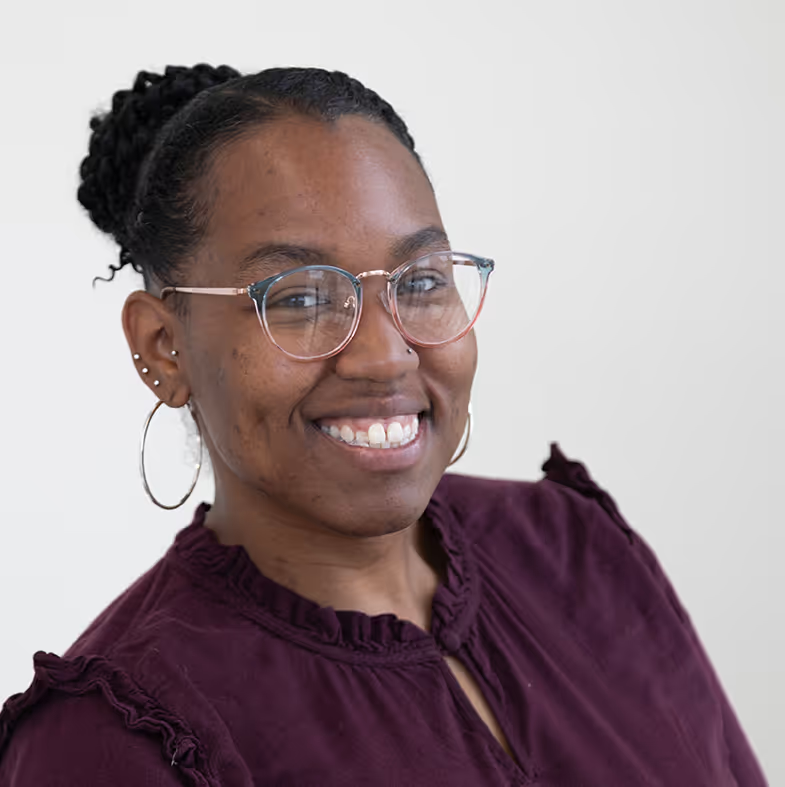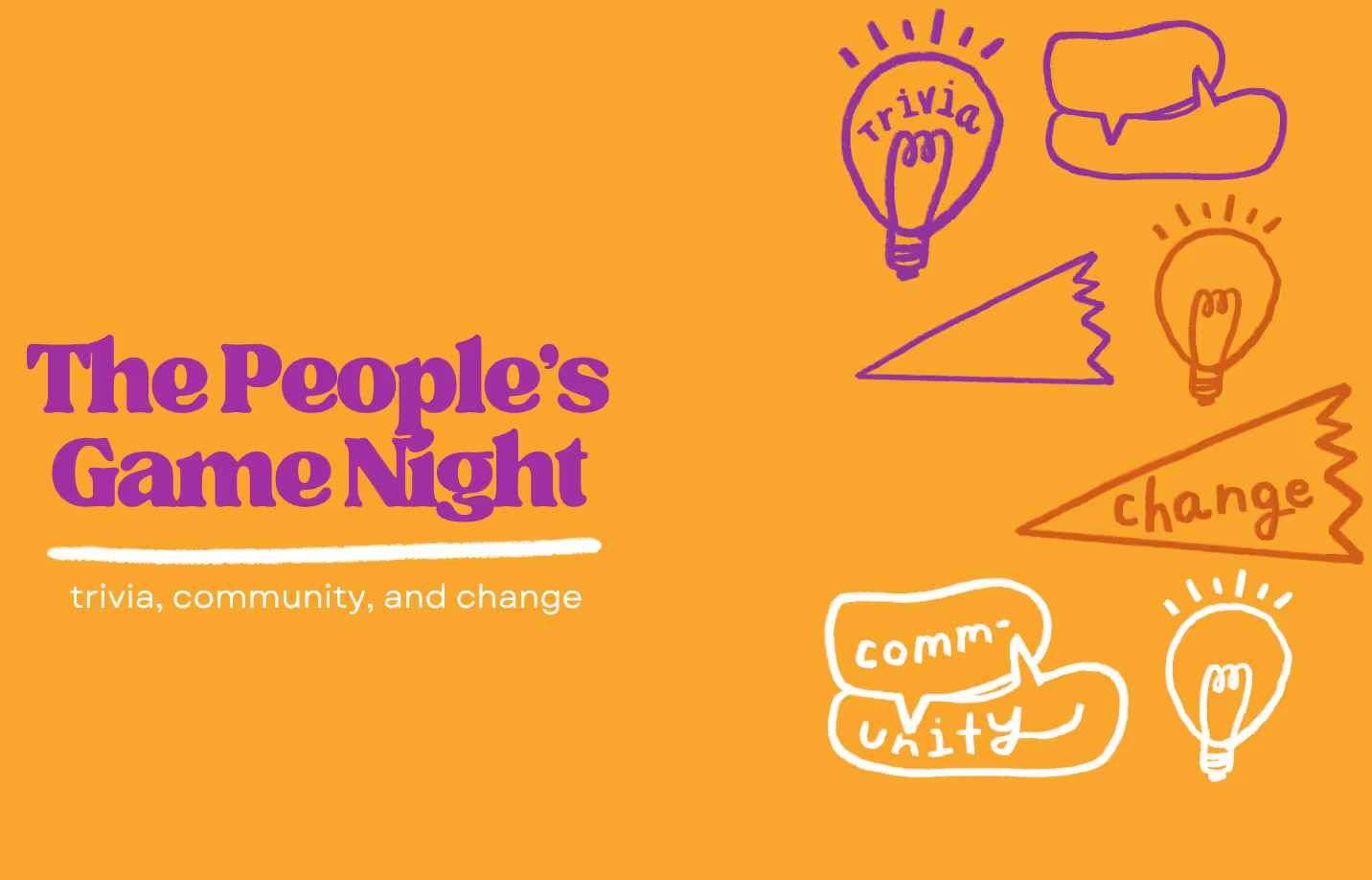

Democracy, meaning "rule by the people," is more than just electing representatives; it’s about active participation in decision-making that shapes our communities. A healthy democracy encourages community members to engage directly in processes that affect their lives. For example, participatory budgeting allows residents to have a direct say in how public funds are allocated, ensuring that community voices guide the decisions that impact them.
The short answer is: whoever has the power to enact change has the power to shape the future. That is why having the right to vote is part of democracy.
Since the founding of the United States, democratic participation was initially restricted to a narrow segment of the population—white male landowners. Over time, this exclusionary practice evolved, gradually extending the right to vote to include broader groups: white men without property, Black men after the 15th Amendment (though many faced barriers like poll taxes and literacy tests), white women in 1920, and Native Americans in 1962. The Voting Rights Act of 1965 further expanded access, particularly for Black women, and the 1975 extension of the Act ensured that citizens who spoke languages other than English could also fully participate. Despite these advances, the struggle for inclusive democracy continues.
Today, various forms of voter suppression and disenfranchisement, such as gerrymandering, voter intimidation, and restricting access to polling locations, still threaten the democratic process. Limiting access to mail-in voting, discriminatory voter roll purges, and failing to provide election materials in multiple languages are among the tactics used to weaken democratic participation. These efforts aim to concentrate power in the hands of a few, contradicting the very essence of democracy—rule by the people. Engaging in democracy remains a critical way for all community members to assert their power and influence the decisions that shape their lives.
To check your voter registration status, learn about your current elected officials, identify your districts, and preview your ballot during election season, visit the Michigan Voter Information Center website. This resource provides all the essential information you need to stay informed and engaged in the democratic process.
There are a plethora of ways to take action as it relates to democracy. You can join the Urban Core Collective in engaging with neighbors to learn about priority issues and sharing information via door-to-door canvassing, text banking, phone banking, hosting house gatherings with family and friends to spread awareness about current issues and opportunities to get involved, supporting folks in registering to vote, serving as an election worker and participating in ongoing engagement with elected officials.
While there are many ways to get involved externally, democracy and shared decision making are not just practices that we should only consider as it relates to electoral politics. adrienne maree brown invites us to apply the tenets of democracy beyond the electoral space by practicing shared decision-making in all areas of our lives—at home, at work, etc.


Join us for The People’s Game Night (PGN), a fun and interactive evening where you can test your civic knowledge, learn about your local leaders, and connect with the community! Think you know who makes the decisions in your city? Come find out, enjoy food, win prizes, and have a blast while gaining insight into how local government shapes our daily lives.
In 2024, we started our own voter guide. Our voter guides focus on local races, includes responses from those running for Grand Rapids Mayor, Grand Rapids City Commission, Kent County Commission!
We aim to support informed decision-making for community members as they continue to cast their absentee ballots/vote from home, prepare to vote at an early voting site, or vote in person on election day.
You are welcome to take a look at our past voter guides.
.png)